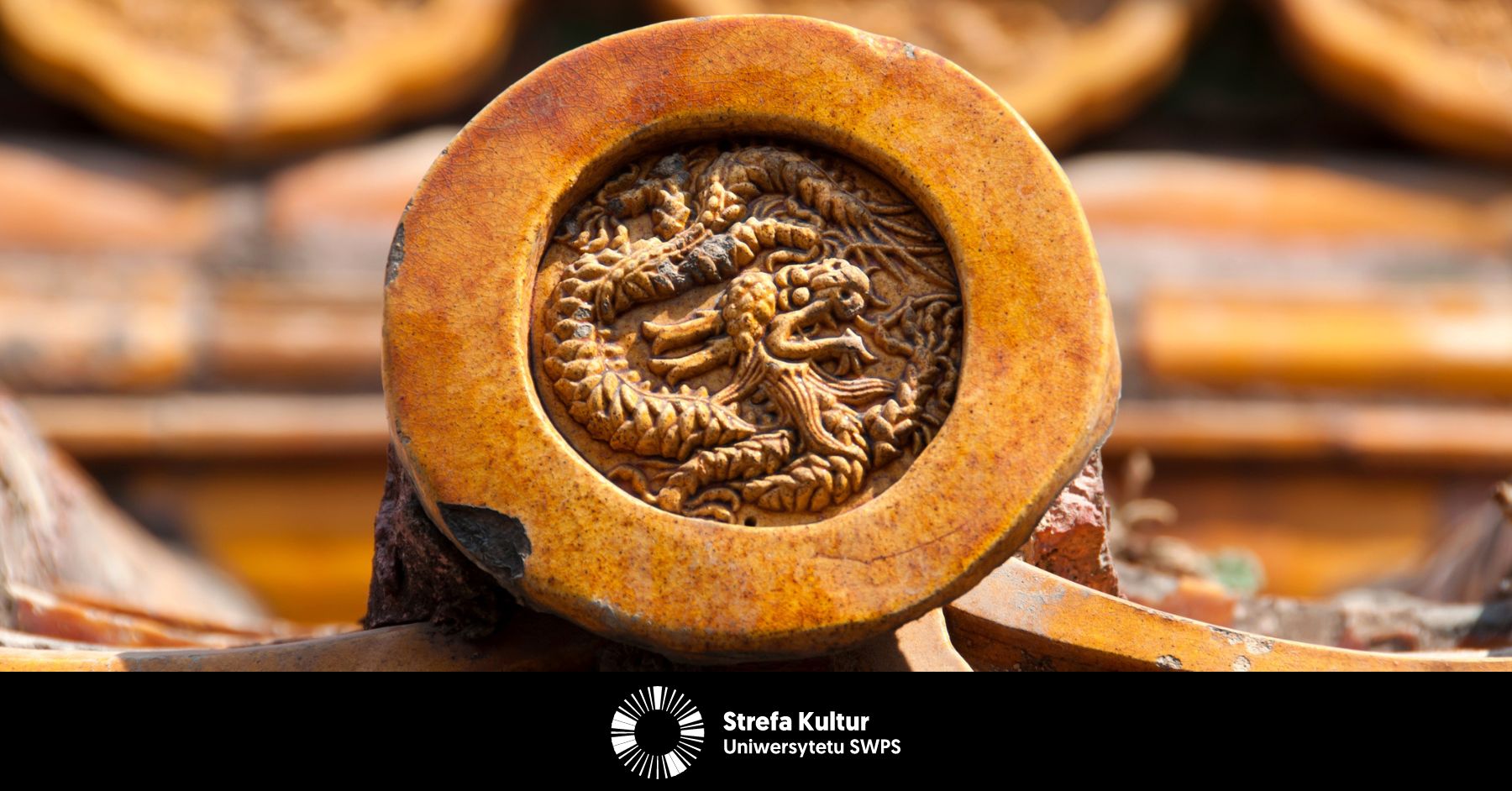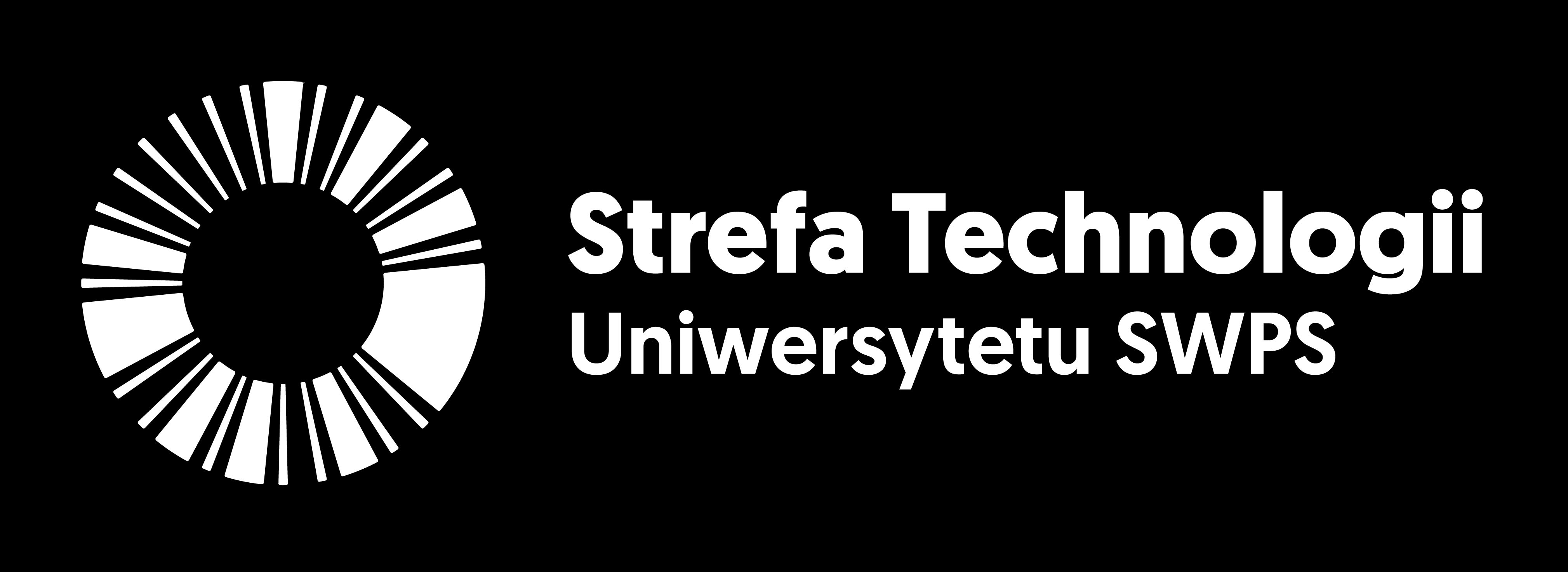Blog Strefy Kultur
China in Contemporary International Relations (podcasts from the conference, day 2)
The evolving landscape of EU-China relations: should we be optimist or pessimist / Zmieniający się krajobraz stosunków UE-Chiny: powinniśmy być optymistami czy pesymistami?
What are the relations between the European Union and China today? An answer to this question is essential in order to assess the key stress issues in major policy areas. On the one hand, there are many opportunities for cooperation, but also major obstacles to progress and areas of open conflict. How has the EU's involvement in cooperation with China evolved? How do the complex political and institutional structures in Europe continue to influence the cooperation? These and many other questions are answered by prof. Paul Irwin Crookes from the University of Oxford, an experienced business and academic specialist in the field of international relations and political economy.
Jak wyglądają aktualnie relacje między Unią Europejską a Chinami? Odpowiedź na to pytanie jest niezbędna, aby ocenić kluczowe napięcia w głównych obszarach polityki. Z jednej strony widać wiele możliwości współpracy, ale także poważne przeszkody oraz obszary otwartego konfliktu. W jaki sposób ewoluowało zaangażowania UE we współpracę z Chinami? W jaki sposób złożone struktury polityczne i instytucjonalne w Europie wpływają na to zaangażowanie? Na te i wiele innych pytań odpowiada prof. Paul Irwin Crookes z Uniwersytetu Oxfordzkiego, doświadczony ekspert biznesowo-akademicki w zakresie stosunków międzynarodowych i ekonomii politycznej.
Tłumaczenie napisów zrealizowała Julia Marchlik.
The art of peace: Strategic Culture and Chinese Foreign Policy / Sztuka pokoju: kultura strategiczna i chińska polityka zagraniczna
It is hard to deny that the whole world is undergoing dynamic changes. Similarly to Europe, debates on political and economic issues are also taking place in China. One of important topics discussed frequently in relation to foreign policy is the mounting pressure between China and the United States, called by some the new Cold War. Prof. Huiyun Feng suggests that the approach of modern Chinese leaders is rather defensive, and that they base widely on the Confucian tradition. What are China's motivations and intentions in the context of foreign policy? Where do the historical roots of China's strategic culture come from? How important were the beliefs of China's six key leaders to that country's foreign policy? These and many other questions are answered by prof. Huiyun Feng, lecturer and author of books.
Trudno zaprzeczyć, że świat jest w trakcie dynamicznych przemian. Podobnie jak w Europie, również w Chinach odbywają się liczne debaty dotyczące spraw politycznych i gospodarczych. Jednym z ważnych tematów, poruszanych w ostatnim czasie w odniesieniu do polityki zagranicznej jest rosnące napięcie pomiędzy Chinami a Stanami Zjednoczonymi, które niektórzy porównują z Zimną Wojną. Badania prof. Huiyun Feng sugerują, że nastawienie współczesnych chińskich przywódców politycznych scharakteryzować można jako raczej defensywne, przy czym czerpią oni szeroko z tradycji konfucjańskiej. Jakie są motywacje i intencje Chin w kontekście polityki zagranicznej? Skąd wywodzą się historyczne korzenie chińskiej kultury strategicznej? Jakie znaczenie miały przekonania sześciu kluczowych przywódców Chin dla polityki zagranicznej tego kraju? Na te i wiele innych pytań odpowiada prof. Huiyun Feng, wykładowczyni i autorka książek.
Tłumaczenie napisów zrealizowała Julia Marchlik.
China, Russian Aggression on Ukraine and the Future Global Order / Chiny, rosyjska agresja na Ukrainę i ład globalny
Russia's invasion of Ukraine of February 24th 2022 will surely be a turning point in modern history. The Russian aggression and subsequent Western countermeasures left China in a limbo between dominant economic interests and long-standing geopolitical goals. Russia’s international standing continues to degenerate, and this will only make it harder for China to balance its economic needs with geopolitics. Is China striving to maximize its own interests in the period of the conflict between Russia and Western countries which unwaver in their support of Ukraine? How to interpret China's position on this matter? How will the current situation affect the future global order? We reveal the answers to these and many other questions in the debate between the following scholars:
Prof. Paul Irwin Crookes
Prof. Huiyun Feng
Prof. Richard Griffiths
Prof. Edward Haliżak
Prof. Stephen Nagy
Prof. Yongjin Zhang
Inwazja Rosji na Ukrainę 24 lutego 2022 roku z pewnością będzie przełomowym momentem we współczesnej historii. Rosyjska agresja i późniejsze zachodnie środki zaradcze pozostawiły Chiny w zawieszeniu między dominującymi interesami gospodarczymi a długoletnimi interesami geopolitycznymi. Międzynarodowa pozycja Rosji ulega coraz większej degradacji, a to sprawia, że Chinom będzie tylko trudniej utrzymać równowagę między swoimi potrzebami gospodarczymi i geopolityką. Czy Chiny dążą do maksymalizacji własnych interesów w okresie konfliktu między Rosją a krajami zachodnimi jednoznacznie opowiadającymi się po stronie Ukrainy? Jak interpretować stanowisko Chin w tej sprawie? W jaki sposób obecna sytuacja wpłynie na przyszły ład globalny? Odpowiedzi na te i wiele innych pytań ujawniamy w debacie, w której udział wzięli:
Prof. Paul Irwin Crookes
Prof. Huiyun Feng
Prof. Richard Griffiths
Prof. Edward Haliżak
Prof. Stephen Nagy
Prof. Yongjin Zhang
Tłumaczenie napisów zrealizował Feliks Ostrowicki.
Paul Irwin Crookes, Associate Professor
expert
Professor is the Director of Graduate Studies at the Oxford School of Global and Area Studies in the University of Oxford where he teaches on China’s international relations and foreign policy. He gained his M.Phil. and Ph.D. degrees from the Centre of International Studies at the University of Cambridge and holds a B.Sc. (Economics) from the London School of Economics. He embarked on an academic career after working for 20 years in the international IT industry. Professor Crookes has particular interests in EU-China relations, China’s innovation capabilities and the security issues of cross-Taiwan Strait relations. His work includes The Politics of EU-China Economic Relations: An Uneasy Partnership(Palgrave Macmillan, 2016), co-authored with John Farnell, and he has published his research in journals such as China Information, Journal of Current Chinese Affairs, International Politics, European View, The RUSI Journal, and European Foreign Affairs Review. He has also written articles for policy forums such as Asia Dialogue, ChinaFile and Europe’s World as well as delivered presentations to leading think-tanks such as Chatham House and RUSI in London and the EU-Asia Centre in Brussels.
Huiyun Feng, Associate Professor
expert
Senior Lecturer in the School of Government and International Relations at Griffith University, Australia. She is a former Jennings Randolph Peace Scholar at United States Institute of Peace and Co-CI of a three-year MacArthur Foundation project “How China Sees the World”. Her publications appeared in European Journal of International Relations, Security Studies, The Pacific Review, International Politics, International Affairs, Cambridge Review of International Studies, Chinese Journal of International Politics, Journal of Contemporary China, etc. She is the author of Chinese Strategic Culture and Foreign Policy Decision-Making: Confucianism, Leadership and War (Routledge, 2007) and co-author of Prospect Theory and Foreign Policy Analysis in the Asia Pacific: Rational Leaders and Risky Behaviour (Routledge, 2013), How China Sees the World: Insights from China’s International Relations Scholars (Palgrave 2019) and Contesting Revisionism: China, the United States, the Transformation of International Order (Oxford University Press, 2021). Her recent co-edited volume is China’s Challenges and International Order Transition: beyond Thucydides’s Trap (University of Michigan Press, 2020).
















